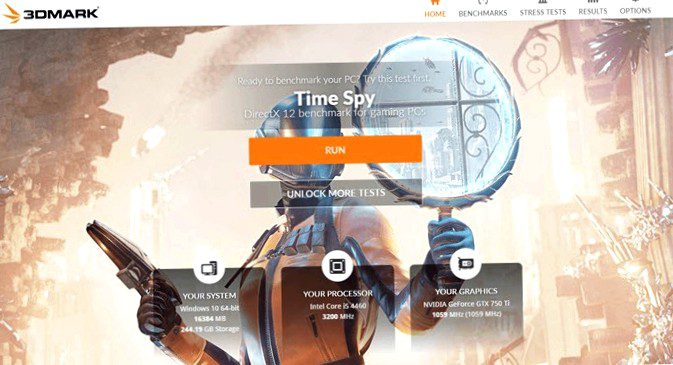
I recently purchased my first custom gaming PC and the first thing I wanted to do was check how well it compared to other gaming systems. I started searching and testing a number of benchmark programs for Windows, but quickly found that only a few were any good.
In this article, I’m going to write about three of my favorite benchmark programs and how I use them. I won’t go into detail about how to improve your score in this article, as that is a completely different topic. However, you should definitely research. When I used my gaming PC as a benchmark, it was in the 43rd percentile. percentile, which for me was pretty pathetic.
After I made some settings in the BIOS that affected XMP, overclocking, etc. related, I reached the 76. Percentile! So if you optimize your hardware settings, it can make a big difference in your benchmark score. The reviews shown below are from a non-gaming PC, as my gaming desktop was unavailable at the time of writing this article.
NovaBench
Novabench is a small benchmark program that allows you to evaluate your PC in just a few minutes. I like it because it is very easy to use and gives you simple, easy to understand results. Once you have downloaded it, install it.
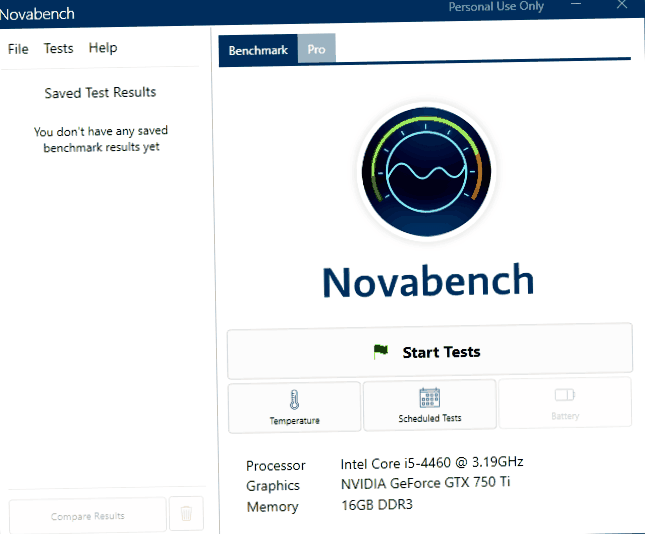
Run the program and click Start Tests. They also have a pro version for $19 that lets you monitor temperature over a longer period of time, etc. can track. However, this is only necessary if you are an avid hardcore PC user.
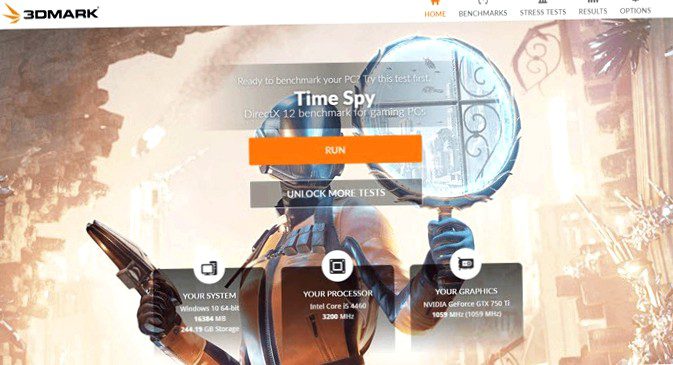
It runs six tests that can take anywhere from a minute to a few minutes, depending on the speed of your system.
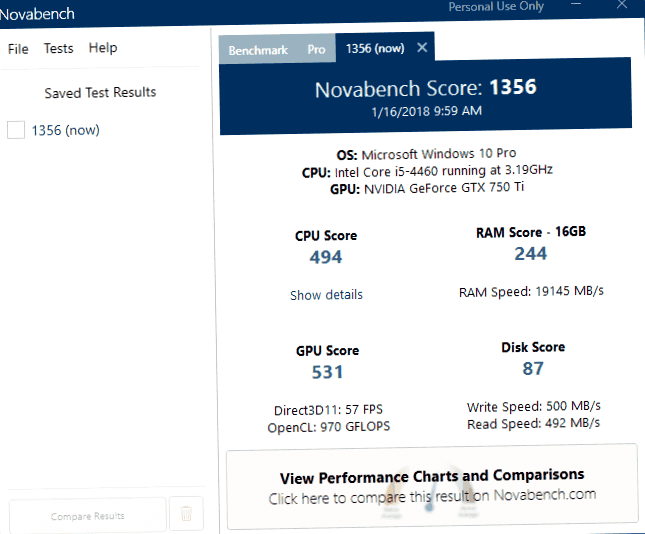
The results window gives you a Novabench score. This doesn’t mean much by itself if you are upgrading your PC before and after upgrading hardware, overclocking etc. use it several times as a benchmark. When you click View performance graphs and comparisons Clicking the button below will load a web page where you can get your percentile.
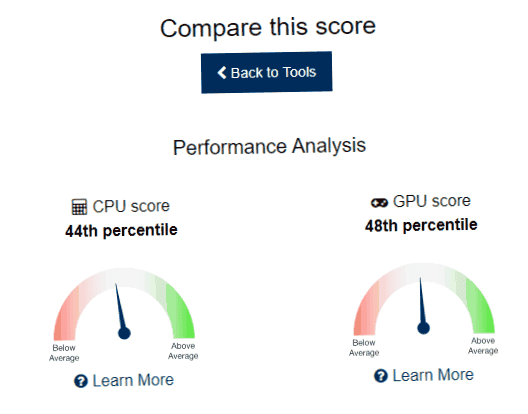
Additionally, you can click on scores and stats at the very top, which will show you all the recorded scores from highest to lowest. This way you can see how far you are from the fastest and best computer tested by Novabench software.
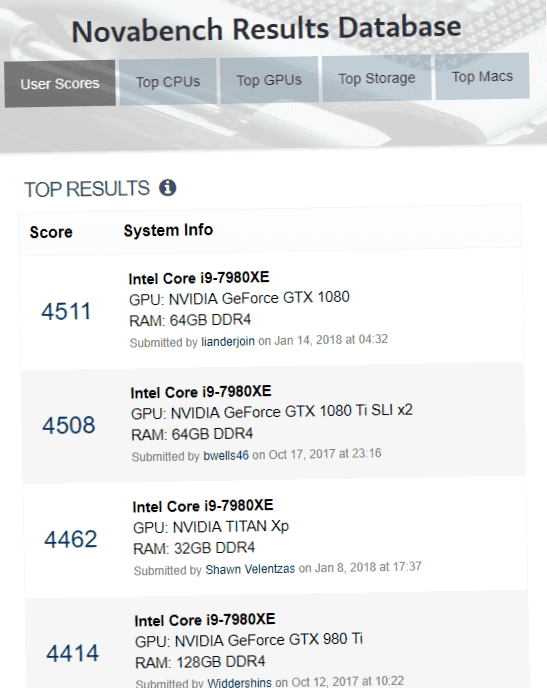
UserBenchmark
Another really good program and website is UserBenchmark. Simply download the software and run the EXE file to start the test. What I like about UserBenchmark is that it doesn’t even require installation.
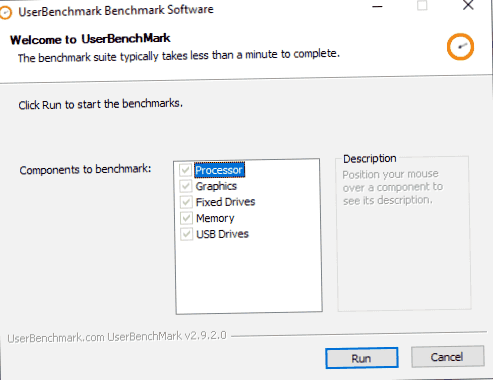
Just click on run to start the tests. It takes a few minutes and the results are displayed in a new browser window.
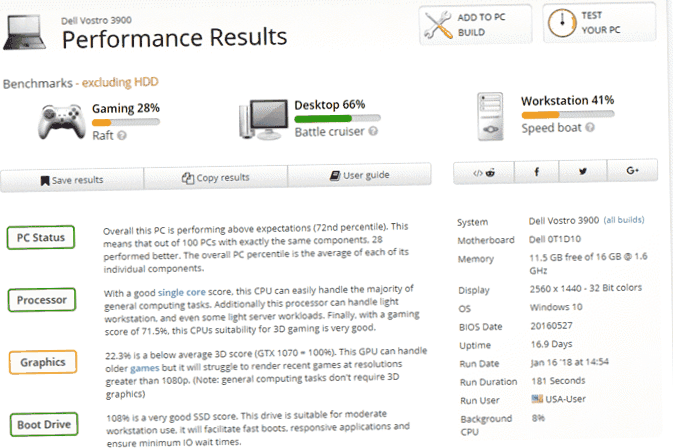
You will see a score for gaming, desktop and workstation performance. If you scroll down further, you will also get an overall percentile score and a component specific percentile score.
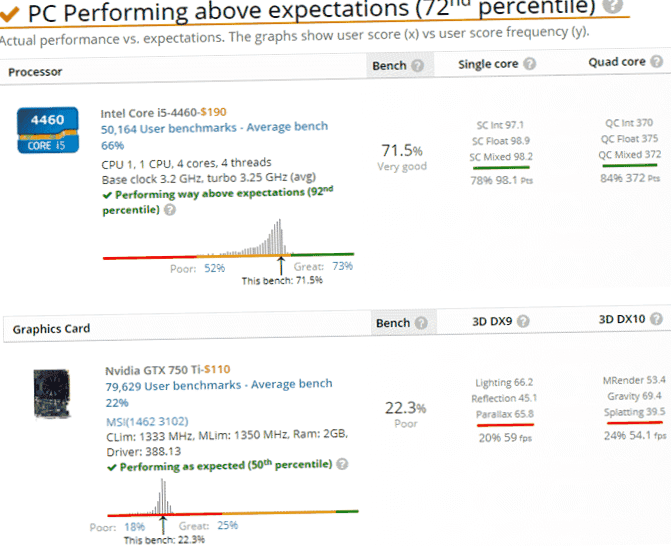
It’s worth noting that the overall percentile value only applies to other computers with the same components. The above benchmark PC is not in the 72. Percentile of all computers that benchmark with their software. So the PC is in 72. Percentile of all computers with the same components.
FutureMark 3DMark
The other one you should use if you really want to take a demanding test for a high-end gaming computer is Futuremark’s 3DMark benchmark. The basic version is free and includes four free benchmarking tests.
I only recommend running these on a real gaming or high performance workstation as the download is a whopping 3GB! Mostly it is just large files to play high resolution graphics for testing purposes, but it costs a lot of space. Of course, you can run the benchmark and then uninstall it to get the memory back.

After you install and run 3DMark, the Time Spy benchmark loads first. Just click run to start the benchmark. These benchmarks take the longest to run because it’s the most demanding test of the three.
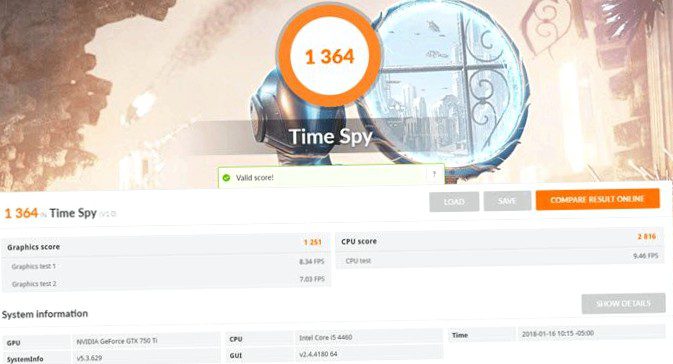
When it’s done, you get a score that doesn’t mean much until you compare it to other results. Click the Compare the result online Click the button to see your percentile value.
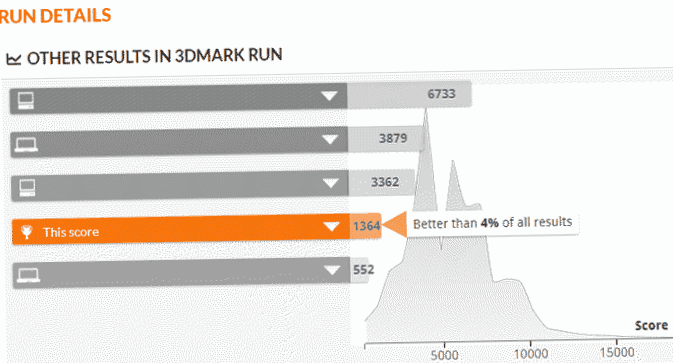
As you can see, this old computer is only better than 4% of all results! My gaming PC was better than 91% of all results. That’s all. Hopefully these benchmarks will give you a good idea of how well your PC is doing overall and compared to others using the same components. Enjoy!